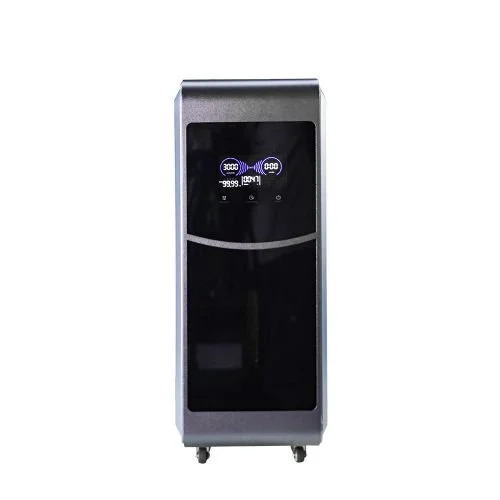
Molecular Hydrogen
Molecular hydrogen is the smallest molecule in the universe, but it is a well-known and powerful anti-oxidant.
Molecular Hydrogen May Help with Oxidative Stress and Inflammation
In the inhalation method, patients breathe in hydrogen gas, typically through a nasal cannula or mask. This method delivers a higher concentration of hydrogen directly into the bloodstream through the lungs.
Administration Methods
1. *Inhalation*: Breathing in H2 gas through a mask or tube.
2. *Drinking hydrogen-rich water*: Consuming water infused with H2 gas.
3. *Bath or spa therapy*: Soaking in a bath or spa water infused with H2 gas.
4. *Injection or IV administration*: Receiving H2 gas through an injection or IV line.
Benefits:
Antioxidant and Anti-inflammatory Effects:
H2 can neutralize harmful free radicals, reducing oxidative stress and inflammation throughout the body.
This may protect against chronic diseases such as cancer, heart disease, and Alzheimer's disease.
Neuroprotective Effects:
H2 can cross the blood-brain barrier and protect brain cells from damage.
It may improve cognitive function, reduce the risk of stroke, and alleviate symptoms of neurodegenerative diseases.
Mitochondrial Health:
H2 can penetrate mitochondria and improve their function.
This may enhance energy production and reduce cellular damage.
Muscle Recovery:
H2 can reduce muscle fatigue and soreness after exercise.
It may also promote muscle regeneration.
Other Potential Benefits:
H2 may improve skin health by reducing inflammation and oxidative stress.
It may also enhance athletic performance and support a healthy immune system.

